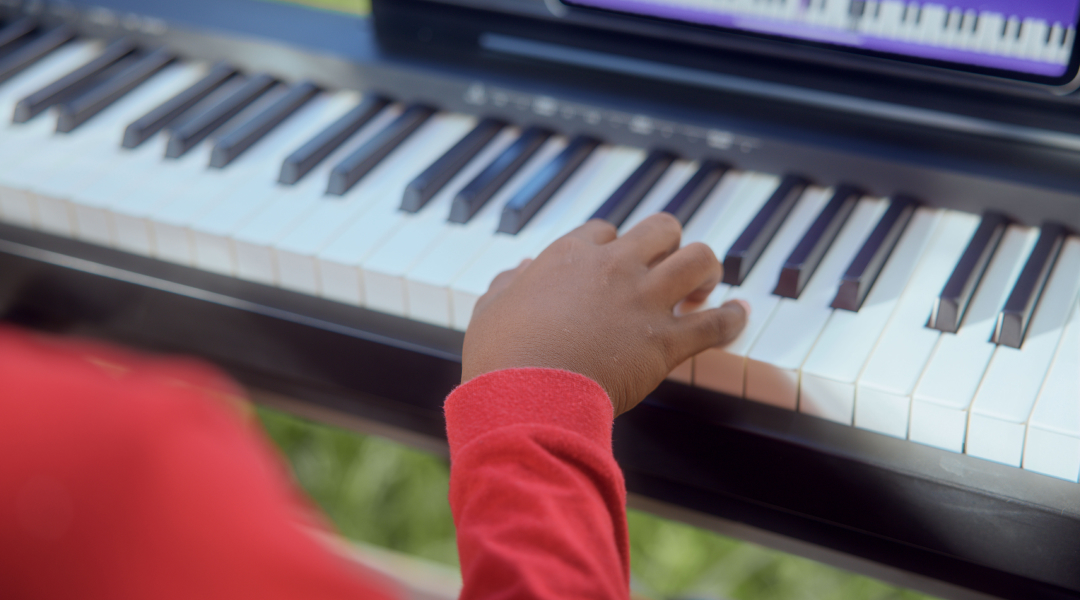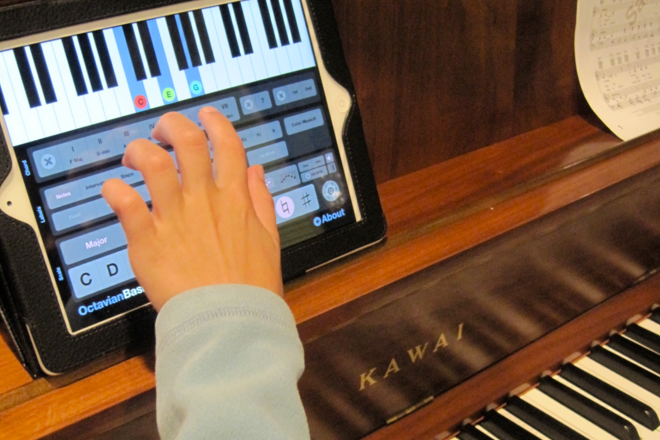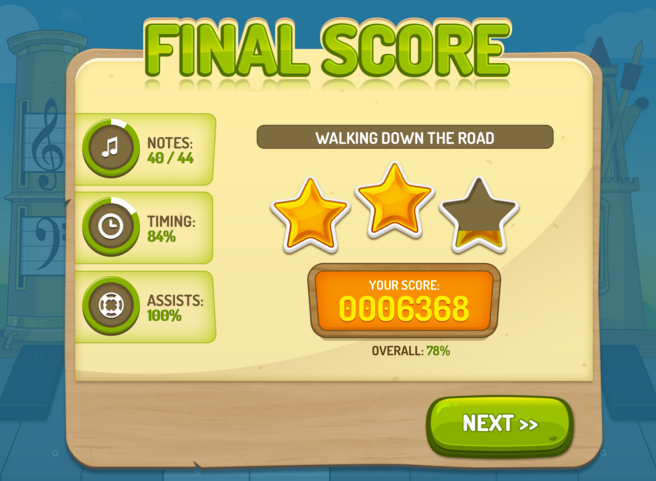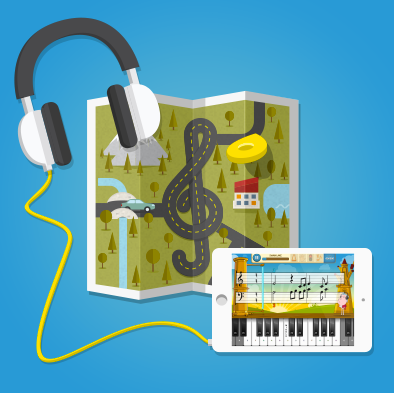Why Learning to Play an Instrument Should be Your #1 New Year’s Resolution for 2016
A new year means new opportunities, a chance to get some of the things we wanted to accomplish last year accomplished, and a chance to get a fresh start on new hobbies, tasks, and experiences. Among your New Year’s resolutions this year, make sure learning to play the piano is at the top of your list. Not sure why? Read on to find out the secret learning to play a music instrument holds.
The Way Learning an Instrument Makes You Feel
If you haven’t played the piano before, just think back to any beautiful piece that you’ve heard in the past. The music grabbed your attention and held you in place with an unseen but phenomenal force that you won’t soon leave behind. Now imagine being able to create – on your own – the kind of harmony, serenity, and beauty that that pianist created.
If you’ve played piano in the past but stopped, remember the feeling you got when you sat down and let the music flow forth from your fingertips? The invigorating rush when the melody came alive as you tapped across the keys? Those are feelings that can’t be replaced with any other hobby (picture getting that kind of charge off of stamp-collecting!), nor can they be forgotten.
See Also: What Instrument Should You Learn To Play?
Playing the piano can be frustrating when you start a new piece, but take a few moments to revel in that wonderful feeling, and remind yourself that it’s so worth the effort.
What Learning to Play an Instrument Does to Your Mind
Drums are fun when you want to let out some aggression, but they lack any sort of chord precision or pitch selection. Guitars are more complex but are still limited to six simultaneous notes, and besides, they focus on single-hand dexterity. Piano, now that’s a horse of a different color. You need to use not one, but two hands simultaneously, coordinate between 88 keys, and continuously maneuver ten different notes, sometimes all at once.
That’s a ton going on, logistically. And do you know what happens when you’re forced to coordinate so many things at one time? According to science, something fascinating. Unlike most people, pianists showed better all-around usage of both sides of their brains. What’s more, piano players displayed stronger decision-making, problem-solving, spontaneity, language, and social behavior skills than the average person.
See Also: Memory Overload? Here’s What Music Can Do to Help
And that’s not even the full extent of it! Read more about how playing the piano positively affects your brain here.
Making Music is Now Easier than Ever
When your parents were growing up, piano lessons were mini-torture sessions designed to hone your skills and develop the mind. But that’s old-school style, and today, learning the piano is easier than ever. From online courses to touch-sensitive smartphone apps, you can now learn how to play piano wherever you go and whenever you want. They say nothing good in life comes easy, but with the newest technology in your pocket, learning to play piano has become a whole lot simpler.
So basically, playing piano makes you more productive, smarter, and happier, making everything else you do better. Hmm, remind me why you haven’t put this at the top of your to-do list yet??
Check out how you can start playing like a concert pianist in no time at all (well, almost) with our cool learn piano app. Take your first step towards accomplishing this rewarding New Year’s resolution by downloading Simply Piano now!









